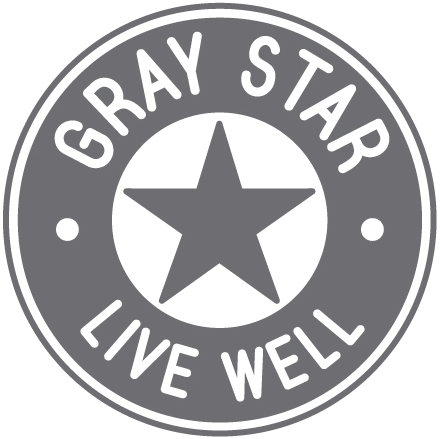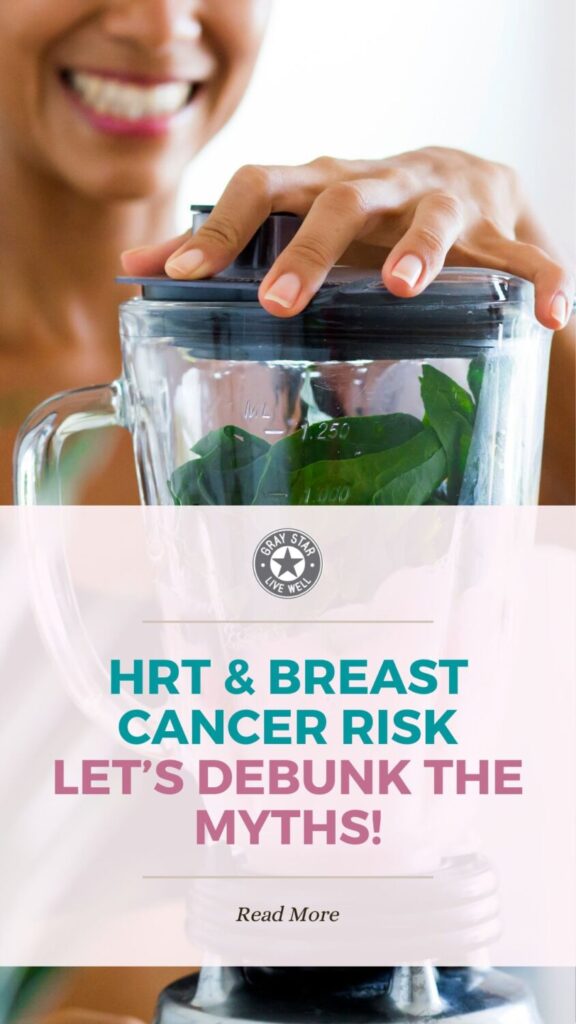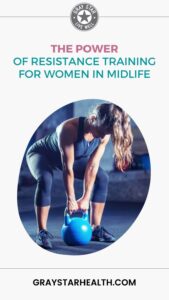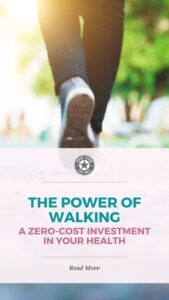The Women’s Health Initiative (WHI) study, published in the early 2000s, caused widespread panic by suggesting that HRT increased the risk of breast cancer. However, further analysis and subsequent studies have revealed significant flaws in the study’s design, leading many experts to assert that HRT does not increase breast cancer risk when used appropriately.
The WHI study included women who were older and often many years post-menopausal, rather than women in early menopause—the group most likely to benefit from HRT. The type of hormones used in the study (synthetic progestins rather than bioidentical progesterone) also contributed to misleading results. More recent research has shown that bioidentical hormone therapy (estradiol and progesterone), when started at the appropriate time, offers protective effects for the heart, bones, and brain, without raising the risk of breast cancer.
By steering clear of HRT, many women suffer unnecessarily from chronic conditions such as heart disease, osteoporosis, dementia, and type 2 diabetes. These conditions are more common in women post-menopause and have a far greater impact on overall health and mortality than the perceived risks of HRT. Hormone therapy can significantly improve quality of life for women by balancing mood, maintaining cognitive function, and protecting against long-term diseases that estrogen helps prevent.

It’s important to note that only a small percentage (less than 10%) of breast cancers are due to genetic factors, the remaining 90% are related to lifestyle choices. The importance of managing factors like diet, stress, sleep, and exercise cannot be understated. Poor nutrition, a sedentary lifestyle, and not getting enough sleep lead to insulin resistance, inflammation, and oxidative stress, which directly impact breast cancer risk. Regular physical activity, a diet rich in anti-inflammatory foods, getting quality sleep, and maintaining a healthy weight can dramatically lower the risk of breast cancer.
Alcohol consumption remains one of the most significant modifiable risk factors for breast cancer. Even small amounts of alcohol can raise estrogen levels in the bloodstream, increase estrogen receptor activity in breast tissue, and impair liver detoxification. Reducing alcohol intake is one of the simplest ways women can lower their risk of hormone-related breast cancer.
In addition to healthy lifestyle habits, HRT can be supportive of overall health and well being without increasing the risk of breast cancer. Unfortunately, very few physicians have an understanding of menopause and hormone replacement. Many are still making recommendations based on the outdated WHI headlines and a misunderstanding about the differences between bioidentical and synthetic hormones. Do not let false information determine your ability to get started with HRT if you are a candidate.
Working with a functional health practitioner who understands hormones, women’s health, menopause, and HRT is critical in assessing and optimizing individual risk factors. It’s important to move beyond the fear of hormones and focus on holistic approaches to hormone health, which can involve HRT when indicated. Preventing breast cancer involves looking at the entire picture of health and the interconnected lifestyle factors that contribute to overall wellness.









